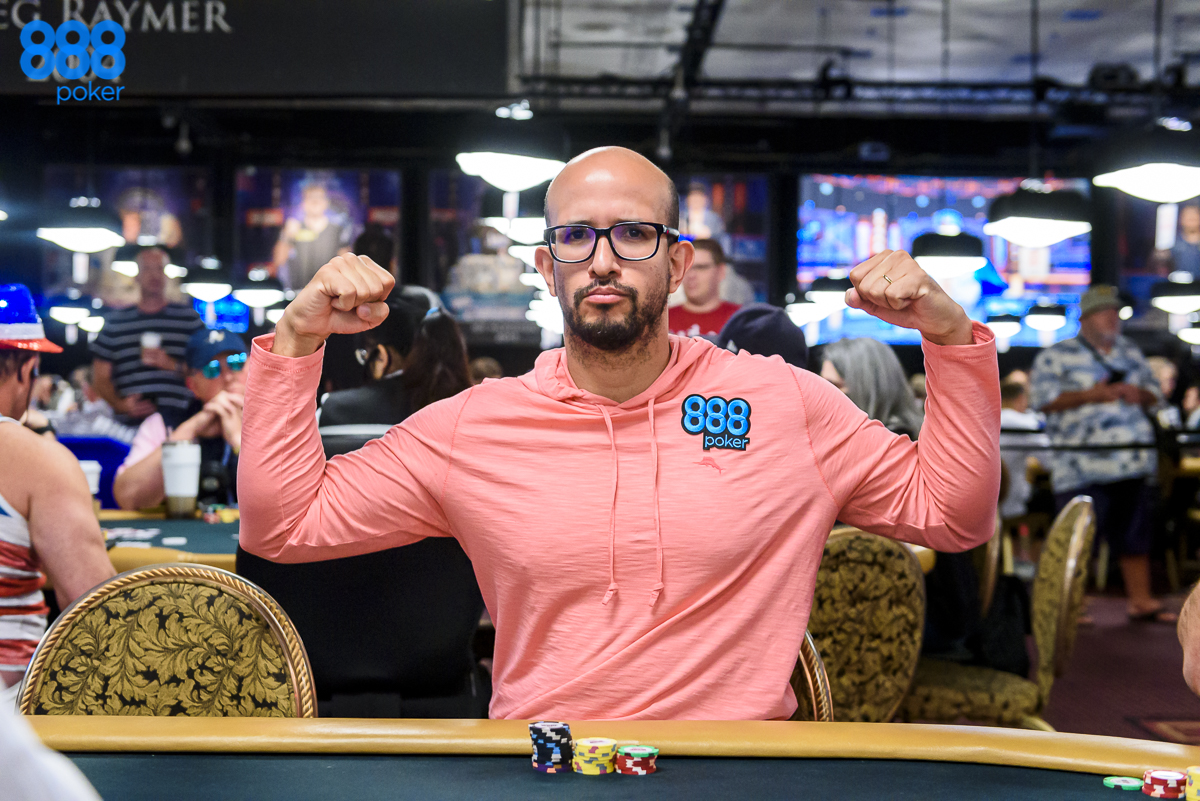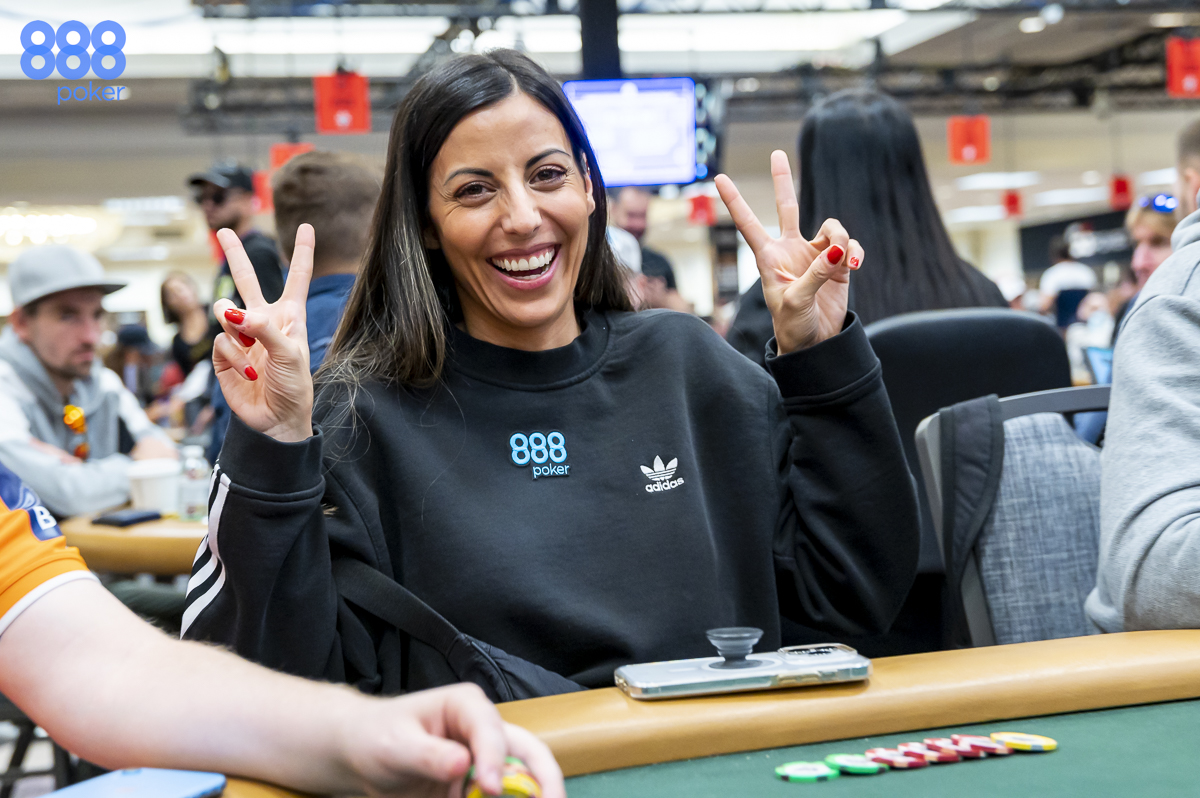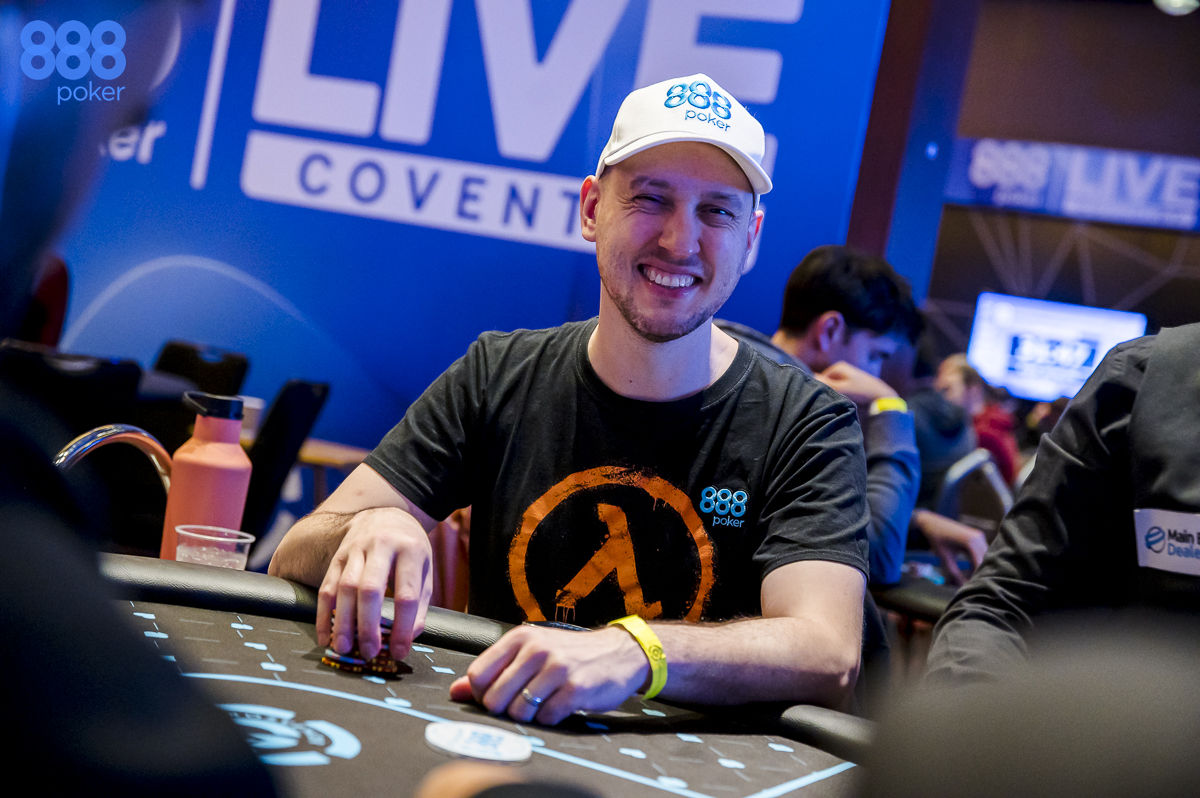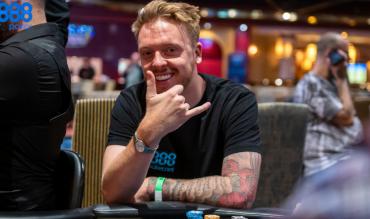It’s almost impossible to overstate the impact of confidence on poker success. Ask any poker player if they think confidence is vital to overall poker success, and the answer will be a resounding yes!
The link between confidence and success is one of the most enduring findings in performance psychology research.
- Confident players have a knack for getting things to go their way.
- Those who lack confidence seem to give up at the slightest sign of trouble and may rely more on Hold’em cheat sheets.
But what exactly is confidence, why is it so essential, and what can you do to get more of it?
We’ll answer all these questions and more, so please read on.
Self-Confidence Defined
In simplest terms, self-confidence is believing you can perform the task at hand. When confident, you genuinely think you have what it takes to achieve your goals. It’s a certainty that you can make things happen.
As Micheal Jordan once said,
“You have to expect things of yourself before you can do them.”
Confidence, as it relates to sports performance, has been studied extensively. It should come as no surprise, confident athletes are more likely to be motivated to continue working towards their goals.

Research has consistently shown that confidence has an outsized positive effect on performance.
Regarding confidence and anxiety, the findings are clear:
- If you have doubts about your chances for success, it has adverse effects on your performance.
- If you doubt you can get a bluff through with specific poker hand rankings, you are unlikely to try bluffing.
For example, a very accomplished cash game player wanted to try his hand at tournaments, But he had a lot of doubts about how he would perform. Not surprisingly, he put off attending world poker tournaments like the World Series of Poker for several years.
Once he made it there, he was pleasantly surprised by how well his skills translated, and he has been back every year since. This example is but one of many of how confidence can affect performance.
Self-doubt and fear can temper the way you play. It can cause you to become overly cautious and tight or to play too passively. It can lead to poor decision-making, including folding too much or playing too conservatively.
Profitable players understand the importance of maintaining confidence and managing their self-doubts to maximise their potential at the poker table.
It’s essential that you gain confidence in your game so you can reap its benefits.
Assessing Your Level of Self-Confidence
If you want to increase your confidence level, figuring out where you are now is an excellent place to start. As you go through the following questions, take note of spots where you think you may be over-confident and lack confidence.
It’s also a good idea to pay special attention to situational differences in your confidence levels.

To get a gauge of your confidence levels, answer the following after each playing session:
- Was your confidence consistent throughout your session?
- Were there any spots where you became overconfident?
- Did you experience a dip in your confidence levels at any point?
- How did you react to mistakes?
- Were there any spots where you became tentative and indecisive?
- Were there any situations that caused you to doubt yourself?
- Were you as aggressive as you could have been? If not, why?
- Were there opponents who made you feel unsure of yourself?
- Do you enjoy trying your luck against tough opponents, or do you prefer sticking to known quantities?
It’s also good practice to rate your level of confidence in poker terms for beginners when it comes to things like the following:
- Your level of study and preparation
- Your ability to control your emotions
- Your ability to focus
- Your strategy
- Your ability to make good reads
- Your ability to make good decisions
- Your ability to do the right thing even when it is hard to do so
Once you’ve answered the above, consider the specific causes for your over or under-confidence. Pay special attention to what you tell yourself when you lose confidence (or get overconfident).
Awareness is always the first step in improving, so please think about these issues.
Strategies for Building Confidence
The easiest way to build confidence is to have a record of success. Success breeds success, especially when you get confirmation that you can do something.

If you have yet to be successful at poker you are on a downswing, you may find it challenging to come up with any successes. Luckily, psychological research shows that what we tell ourselves is the most crucial factor in how we feel.
Psychologist Albert Bandura argued that the most critical factor in developing self-confidence is believing you can succeed. Maybe it’s not happening right now - but if you trust it can happen, you can exhibit confidence.
The average human has about 60,000 thoughts a day, and most of those are negative. Most of your thoughts are likely negative when you are running bad. Imagine what this is doing to your confidence levels!
Practising positive self-talk is a great way to help with this. Positive self-talk can include verbally coaching yourself to make good decisions. Try using a brief statement that guides you in the right direction, like the following:
"Keep calm and focused; focus on making the right decisions; you can do it!"
This exercise is not about lying to yourself or being delusional. You must put in the effort regarding your poker hands in order to improve your game away from the tables. Then, it becomes much easier (and more believable) to tell yourself that you have what it takes to play well and win.
Committing to solid preparation is the secret sauce to building confidence. Imagine sitting down next to Steven Chidwick or Fedor Holz. How confident would you be against them?
If you've put in the work, it is easier to be confident in a situation like that.

You'll feel good about your chances if you have spent countless hours using GTO Wizard and played thousands of hands. Compare that to how you would feel if you were brand new to the game.
“Anybody can be beaten. You have to go into every game with that mindset - even against somebody like Phil Ivey. In the long run, he’s probably going to beat you, but in the short run, anyone can be beat.”
Hopefully, you can see that self-confidence is an essential aspect of success in poker. You can enhance your game by understanding the psychology of confidence, practising and preparing effectively, and maintaining belief even in the face of adversity.
And you’ll increase your chances of success at the poker table.


